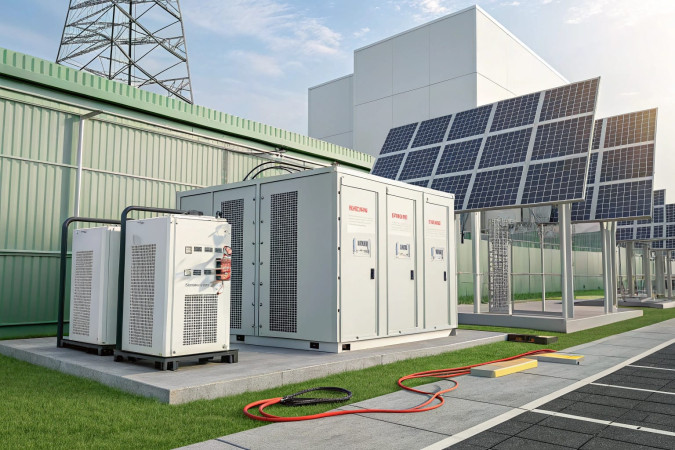
Follow India Renewable Energy News on WhatsApp for exclusive updates on clean energy news and insights
Republican Lawmakers Urge Protection of Clean Energy Tax Credits
Mar 13, 2025
A coalition of 21 Republican lawmakers has called on the U.S. House Committee on Ways and Means to safeguard clean energy tax credits, arguing that these incentives are vital for private-sector investments in domestic energy production and infrastructure.
Key Concerns & Arguments
- Energy Security & Independence: Lawmakers emphasize that maintaining these credits supports an "America First" energy strategy, reinforcing national security and economic stability.
- All-of-the-Above Approach: They advocate for a diverse energy mix, combining traditional and renewable sources to sustain U.S. global energy leadership.
- Stability for Long-Term Investments: Many energy tax credits were designed for a 10-year period, ensuring businesses can plan capital allocation efficiently.
- Impact on Energy Costs: Rolling back tax incentives could increase consumer utility bills, as passthrough tax benefits help keep energy prices low.
- Support for Domestic Manufacturing: Affordable energy is critical to onshoring supply chains and revitalizing U.S. manufacturing.
Legislative & Policy Implications
- Concerns Over Tax Credit Phase-Outs: Republicans warn that prematurely ending tax credits or restricting their transferability could hinder infrastructure development and drive up energy costs.
- Potential Policy Clashes: The push to retain tax credits comes amid ongoing policy debates, with past administrations taking opposing stances on clean energy subsidies.
- State-Level Benefits: Republican-led states stand to gain significantly from energy sector growth, with lawmakers stressing the need for targeted reforms rather than sweeping eliminations.
With energy demand rising, Republican lawmakers argue that protecting clean energy tax credits is crucial for maintaining investment confidence, energy affordability, and economic competitiveness in the U.S.